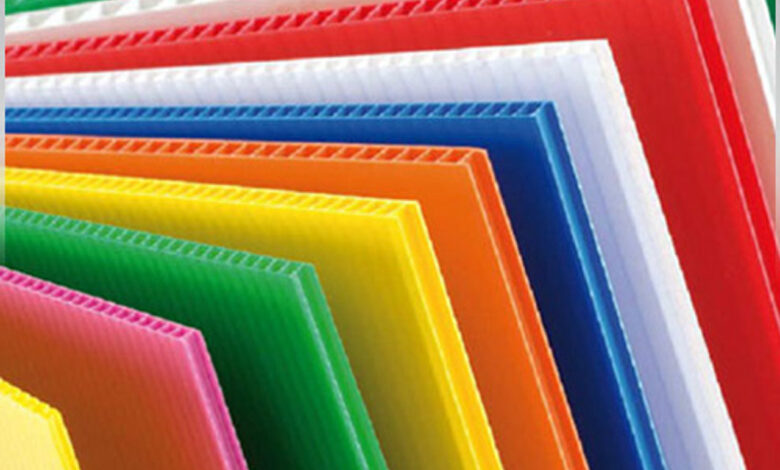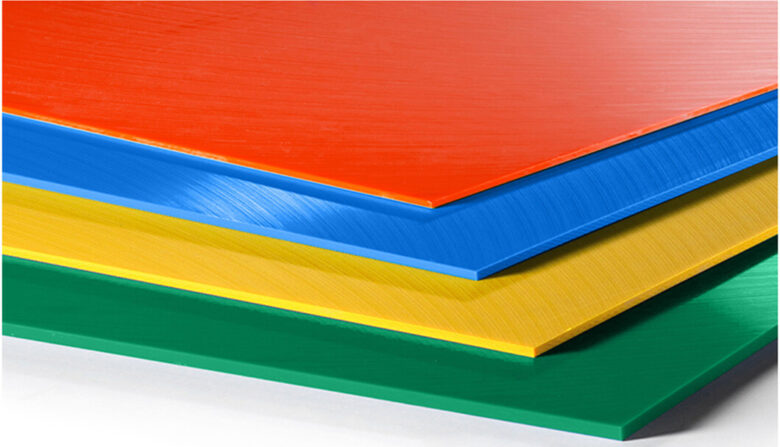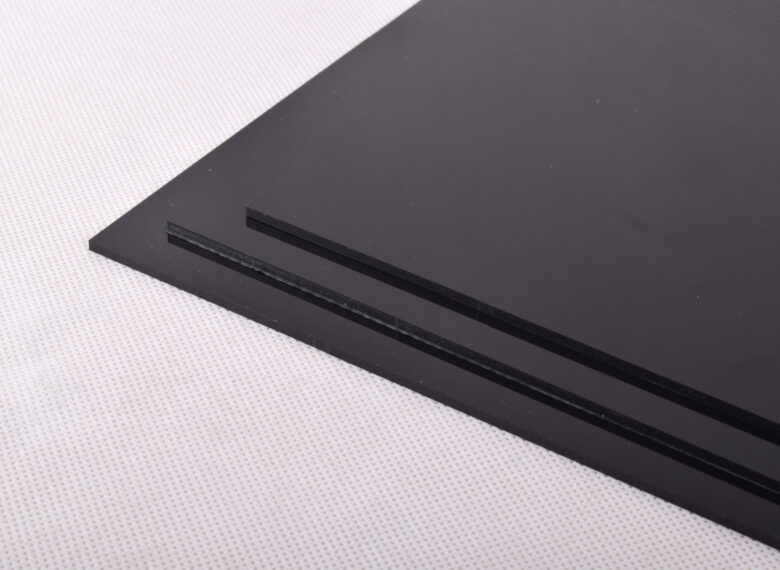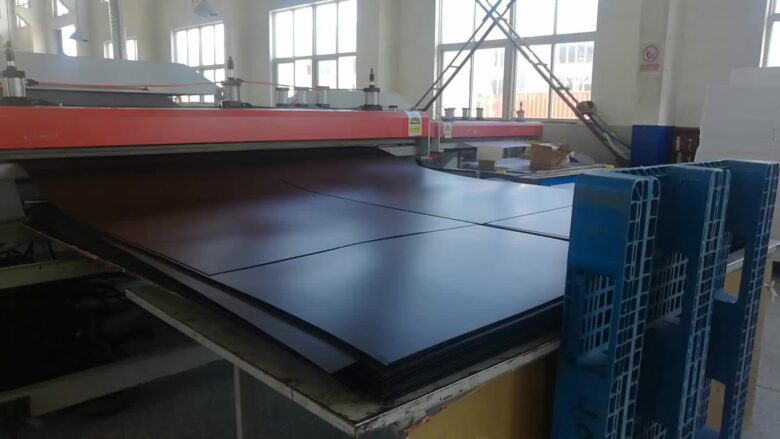
A Beginner’s Guide to Understanding Plastic Sheet Materials
Plastic sheet materials can be used for a variety of applications, from industrial to consumer use. They are lightweight, durable, and economical to produce. However, it’s important to understand the different types of plastic sheets available in order to select the right material for your project. This guide will provide an overview of the most common types of plastic sheet materials and their properties so you can make an informed decision when selecting a material for your application.
Types of Plastic Sheet Materials
Plastic sheet materials come in many shapes and sizes and can be purchased from online retailers like Simply Plastics. Each type having its own unique properties. Here are some of the most common types of plastic sheets used for industrial and consumer applications:
Polyethene (PE) Sheets

Polyethene (PE) is one of the most popular plastic sheet materials due to its lightweight, flexible, and durable qualities. Available in low or high-density varieties, PE sheets can be used in a wide range of industries including medical, automotive, food processing, and packaging. Low-density polyethene sheets are soft, thin, and easily cut into custom shapes; while high-density polyethene sheets have increased rigidity and strength for more demanding applications such as construction projects.
Acrylic Sheets
Acrylic is a transparent thermoplastic material that can be used to create various objects from displays to aquariums. Acrylic is stronger than glass but lighter in weight; making it ideal for applications where weight must be kept to a minimum or visibility is needed such as skylights or shop windows. It also offers excellent weather resistance and flexibility when heated.
Polypropylene (PP) Sheets

Polypropylene (PP) is another popular thermoplastic material that has excellent chemical resistance against acids and bases. As an engineering material, PP has a low moisture absorption rate which makes it highly resistant to water damage without losing any of its strength or durability. It’s commonly used for a variety of industrial applications including chemical storage containers, piping systems and machine parts due to its ability to resist corrosion from harsh chemicals. It’s also widely used for food packaging as it does not leach toxins into the food it contains as some other plastics may do under certain conditions.
PVC Sheets
PVC (polyvinyl chloride) is another strong yet lightweight plastic sheet material that possesses excellent fire resistance qualities making it suitable for indoor use such as wall coverings and home decor items. Its structure makes PVC highly resistant to wear & tear making it perfect for projects that demand long-term use such as flooring materials or window frames. Additionally, PVC has excellent electrical insulation properties which make it an ideal choice for electrical wiring insulation applications where safety must be assured at all times.
Conclusion

Overall, plastic sheet materials can be a great choice for many applications and industries. They are durable, versatile, lightweight and easy to work with. With the right knowledge about what type of plastic is best suited for your project or application as well as understanding how to properly care for them, you will have no problem finding success when using these materials. We hope this article has been helpful in introducing you to the world of plastic sheet materials so that you can make an informed decision that’s best suited to your needs!




